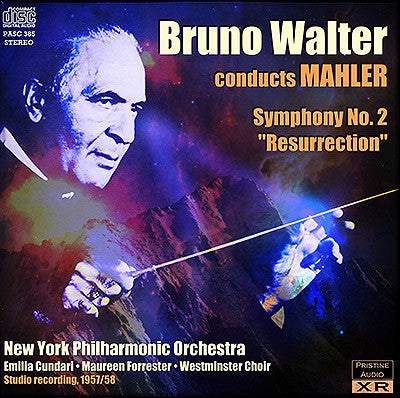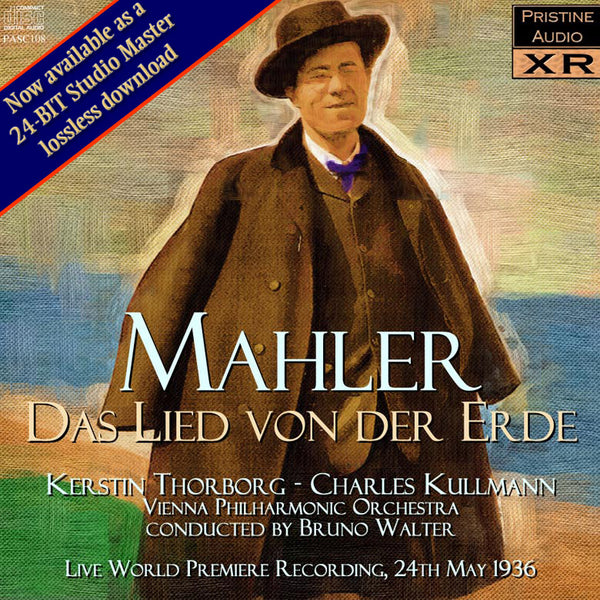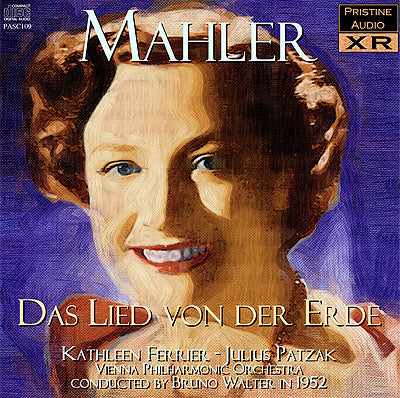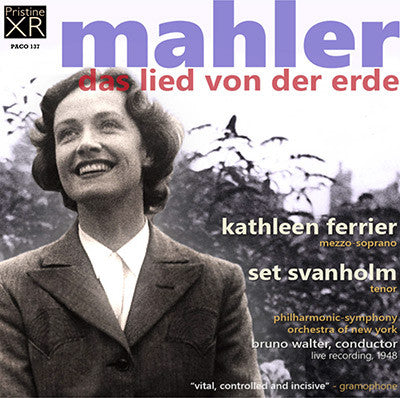Mahler
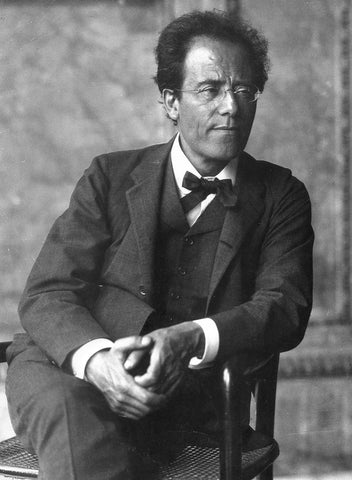
Born in Bohemia (then part of the Austrian Empire) to Jewish parents of humble circumstances, the German-speaking Mahler displayed his musical gifts at an early age. After graduating from the Vienna Conservatory in 1878, he held a succession of conducting posts of rising importance in the opera houses of Europe, culminating in his appointment in 1897 as director of the Vienna Court Opera (Hofoper). During his ten years in Vienna, Mahler—who had converted to Catholicism to secure the post—experienced regular opposition and hostility from the anti-Semitic press. Nevertheless, his innovative productions and insistence on the highest performance standards ensured his reputation as one of the greatest of opera conductors, particularly as an interpreter of the stage works of Wagner, Mozart, and Tchaikovsky. Late in his life he was briefly director of New York's Metropolitan Opera and the New York Philharmonic.
Mahler's œuvre is relatively limited; for much of his life composing was necessarily a part-time activity while he earned his living as a conductor. Aside from early works such as a movement from a piano quartet composed when he was a student in Vienna, Mahler's works are generally designed for large orchestral forces, symphonic choruses and operatic soloists. These works were frequently controversial when first performed, and several were slow to receive critical and popular approval; exceptions included his Second Symphony, Third Symphony, and the triumphant premiere of his Eighth Symphony in 1910. Some of Mahler's immediate musical successors included the composers of the Second Viennese School, notably Arnold Schoenberg, Alban Berg and Anton Webern. Dmitri Shostakovich, Benjamin Britten, Leonard Bernstein and Peter Maxwell Davies are among later 20th-century composers who admired and were influenced by Mahler. The International Gustav Mahler Institute was established in 1955 to honour the composer's life and work.

Mahler
MAHLER Symphony No. 2, Op. 47 "Resurrection"
Recorded in 1957/58 in stereo
Total duration: 79:40
Emilia Cundari soprano
Maureen Forrester contralto
Westminster Choir
New York Philharmonic Orchestra
Bruno Walter conductor
MAHLER Symphony No. 5
Recorded in 1947
Total duration: 61:29
Philharmonic-Symphony Orchestra of New York
Bruno Walter conductor
MAHLER Das Lied von der Erde
Recorded 1936
Total duration: 57:40
MAHLER Das Lied von der Erde
Recorded in 1952
Total duration: 59:57
Kathleen Ferrier, contralto
Julius Patzak, tenor
Vienna Philharmonic Orchestra
conducted by Bruno Walter
MAHLER Symphony No. 9
Recorded in 1938
Total duration: 71:00
Vienna Philharmonic Orchestra
Bruno Walter conductor
Live at Carnegie Hall, New York, 18th January 1948
Total duration: 58:20
Set Svanholm - tenor
Philharmonic-Symphony Orchestra of New York
Bruno Walter, conductor

